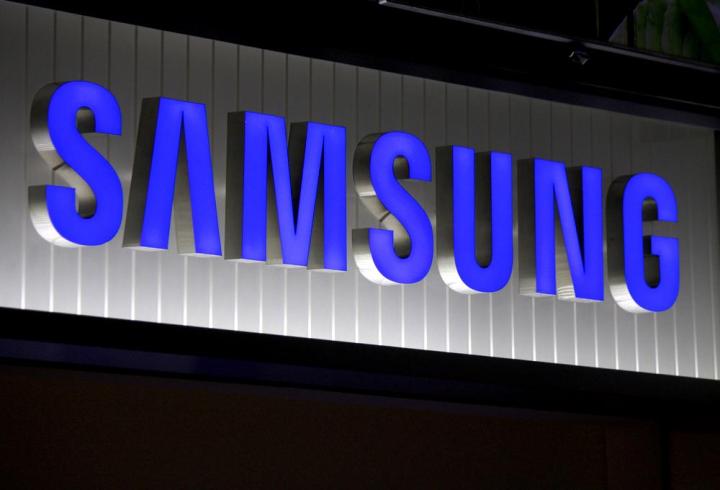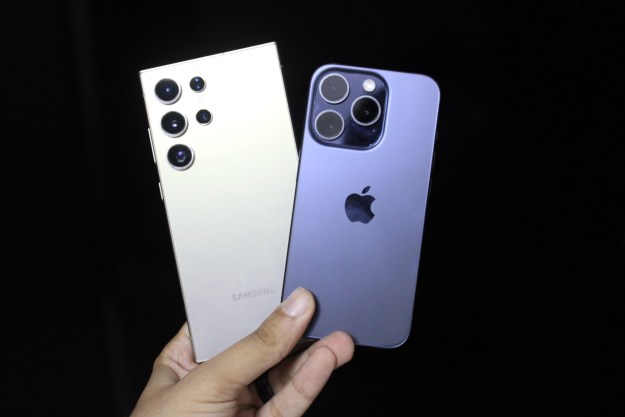
That is according to market firm the Korea-Insight Institute, which told the Korea Herald that the ongoing Note 7 saga has damaged Samsung’s Note brand beyond repair. “Samsung is recommended to drop the Note brand as consumers may still find it dangerous even when the new Note 8 comes out,” said Kim Duk-jin, the firm’s vice chief of private-run Korea-Insight Institute.
According to the firm’s latest report, which sources data from social network analytics firm Konan Technology, negative perception of the Galaxy Note 7 has steadily risen since the phone’s release two months ago. It reached a high point at 53 percent in early October, up from 34 percent in August, while positive perception declined over the same period from 62 percent to 42 percent.
In response, some retailers and carriers have effectively disavowed Samsung’s troubled flagship. A spokesperson for Verizon told Time that it would “shift marketing away” from the Note 7 heading into the holiday season and electronics retailer Best Buy announced it would cease sales of replacement Galaxy Note 7 smartphones beginning this week. “We have the new iPhone … the new Google Pixel … [and] great phones from Motorola as well,” Verizon spokeswoman Kelly Crummey said. “I think you’ll see our marketing focused on those devices because there is certainty on those at this time.”
A retirement of the Note brand would not be be without precedent. In 2010, poor critical reception and sagging sales led Samsung to discontinue its Omnia series of smartphones in favor of the Galaxy. “Samsung should first accurately find out what led to the explosions and honestly disclose them to consumers,” Lee Byung-tae, a professor at the Korea Advanced Institute of Science and Technology’s College of Business, told the Korea Herald. “If the design was the problem, thorough investigation should be carried out before launching [its next smartphone].”
But Samsung is in no hurry to retire the long-running Note series. Given its historical performance, that is not exactly surprising: since the first Note’s launch in 2011 at the IFA consumer electronics conference in Berlin, the brand has become one of the company’s largest mobile profit drivers — not to mention of its most iconic. The first Note sold more than 10 million units in little more than a year, double the 5 million the Note 3 sold its first month.
Samsung’s doubling down in the short term, in fact. The halt in production of the Note 7 alone will cost the Seoul, South Korea-based electronics maker an estimated $1.9 billion, according to Lee Hae-hoon, a lawmaker of The Saenuri Party. And analysts project that a permanent end to Note 7 sales could cost Samsung up to $17 billion. “Samsung appears to have given up the money to save the reputation of the Galaxy brand,” he told the Korea Herald.
That is a safe move, experts said. Samsung’s brand loyalty is among the highest among smartphone owners: A recent survey from analytics firm WD found that 58 percent of Samsung device users who upgraded their handset chose a new Samsung device. And that goes double for Note owners: according to Samsung, more than 90 percent of Note 7 owners opted to replace, rather than return, their handsets.
Furthermore, an informal online poll conducted by Android Police found that of 12,038 respondents, 39 percent said that the Note 7 recall “[hadn’t] affected [their] trust or perception of Samsung’s brand (whether positive or negative)” — just 13 percent of participants, by contrast, said that they “[felt] somewhat less trusting of Samsung’s smartphones.” And in response to Samsung’s decision to cease production of the Note 7, some users took to Twitter to express their admiration for the Note. One, an Emergency Medical Services worker from Queens, New York, told CNET that he had waited “three years” for the Note 7.
“All of my friends, they make fun of me, they throw memes at me on Facebook,” he told CNET. “It is what it is, I’m not worried.”
Editors' Recommendations
- The Samsung Galaxy Z Fold 6 may fix my biggest issue with the Z Fold 5
- Samsung Galaxy Watch 7 Ultra: news, rumored price, release date, and more
- Samsung’s newest Android tablet is a perfect iPad alternative
- When is my phone getting Android 14? Here’s everything we know
- Samsung may be working on an incredible new smartwatch design


